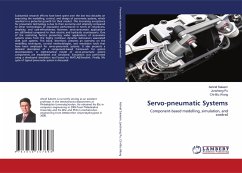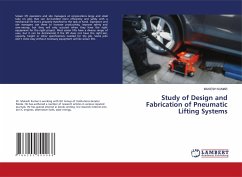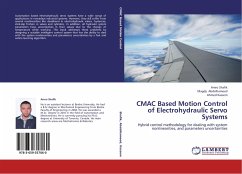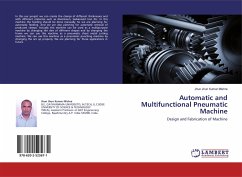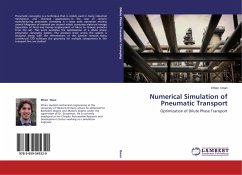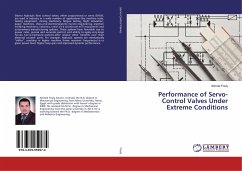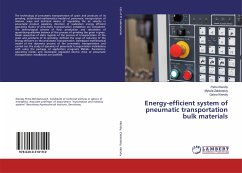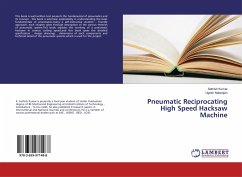Substantial research efforts have been spent over the last two decades on improving the modelling, control, and design of pneumatic systems, which resulted in a potential growth for their market. This increasing acceptance for pneumatic technology is due to their economy and simplicity compared to other technologies of equivalent performance in terms of robustness, simplicity, and cost-effectiveness. However, servo-pneumatic applications are still limited compared to their electric and hydraulic counterparts. One of the restricting factors preventing wider applications of pneumatic systems arises from the highly nonlinear dynamic behaviours associated with such systems. This book, therefore, presents an overview on the modelling techniques, control methodologies, and simulation tools that have been employed for servo-pneumatic systems. It also presents a detailed description of a component-based framework for system decomposition. A mathematical model of servo-pneumatic system components are established and simulated. Simulation was performed using a developed simulation tool based on MATLAB/Simulink. Finally, life cycle of typical pneumatic system is discussed.
Hinweis: Dieser Artikel kann nur an eine deutsche Lieferadresse ausgeliefert werden.
Hinweis: Dieser Artikel kann nur an eine deutsche Lieferadresse ausgeliefert werden.

